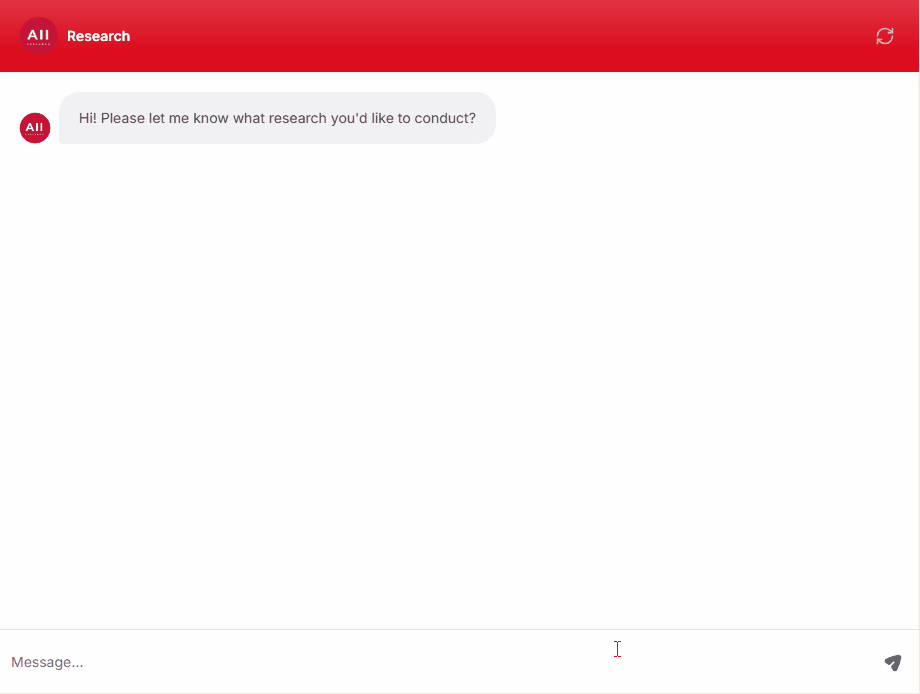Market Sensing
The process of gathering and analyzing data on market conditions, customer reactions, and competitive actions during the launch.
Implications
The continuous process of gathering and interpreting information about market conditions, trends, and customer behaviors, often used to anticipate changes, inform strategic decisions, and maintain a competitive edge.
Example
Example: A retail company engages in market sensing by monitoring social media trends, customer feedback, and competitor activities in real-time, allowing it to quickly adjust its product offerings and marketing strategies in response to emerging trends.
Related Terms
Different from traditional market research, which may involve periodic studies, market sensing is an ongoing and dynamic process that focuses on staying attuned to the latest market developments and responding proactively.





